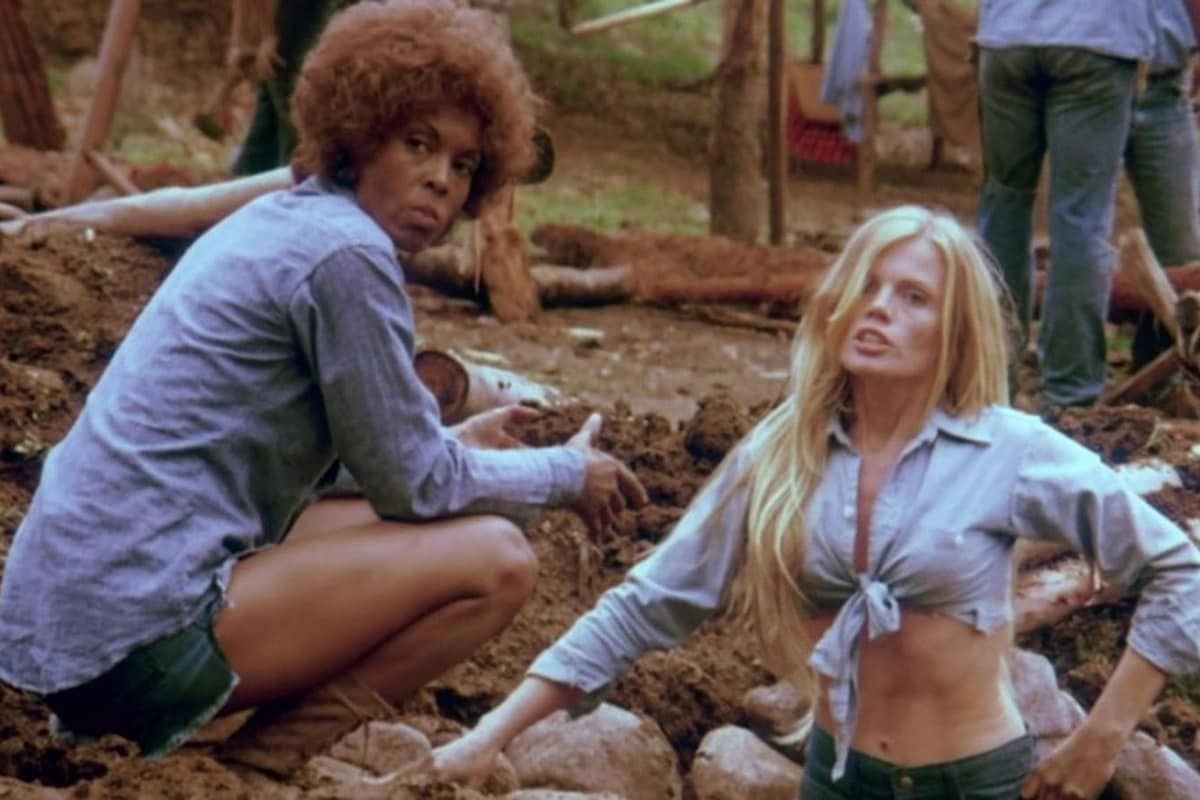
"Rothman's films explore the various sub-genres of exploitation while infusing them with a sly, feminist critique, addressing the limits and possibilities of exploitation cinema."
"The exploitation film boom in the 1960s and 70s was characterized by sensationalism and controversial social themes, often depicted by male filmmakers reflecting fraught gender politics."
"Rothman's debut, originally a troubled production, was salvaged by transforming a homicidal artist into a vampire, showcasing her unique narrative approach in film."
"Female characters in exploitation films often played victim roles or were sexualized, as seen in Jack Hill's work and Italian giallo sub-genres."
The 1960s and 70s exploitation film boom features various sub-genres, focusing on sensationalism and social issues. Many films reflect male filmmakers' viewpoints, showcasing complicated gender dynamics. Female characters are often depicted as victims or sexual objects, such as in woman-in-prison films and Italian giallo. Stephanie Rothman emerges as a unique voice, directing films with feminist critiques and exploring exploitation cinema's potential. Her debut involves transforming a troubled narrative into a more dynamic vampire tale, capturing her innovative approach to storytelling within the genre. A retrospective at the Barbican presents Rothman's contribution to film.
#exploitation-films #feminist-film-critique #stephanie-rothman #1960s-and-70s-cinema #gender-politics
Read at AnOther
Unable to calculate read time
Collection
[
|
...
]